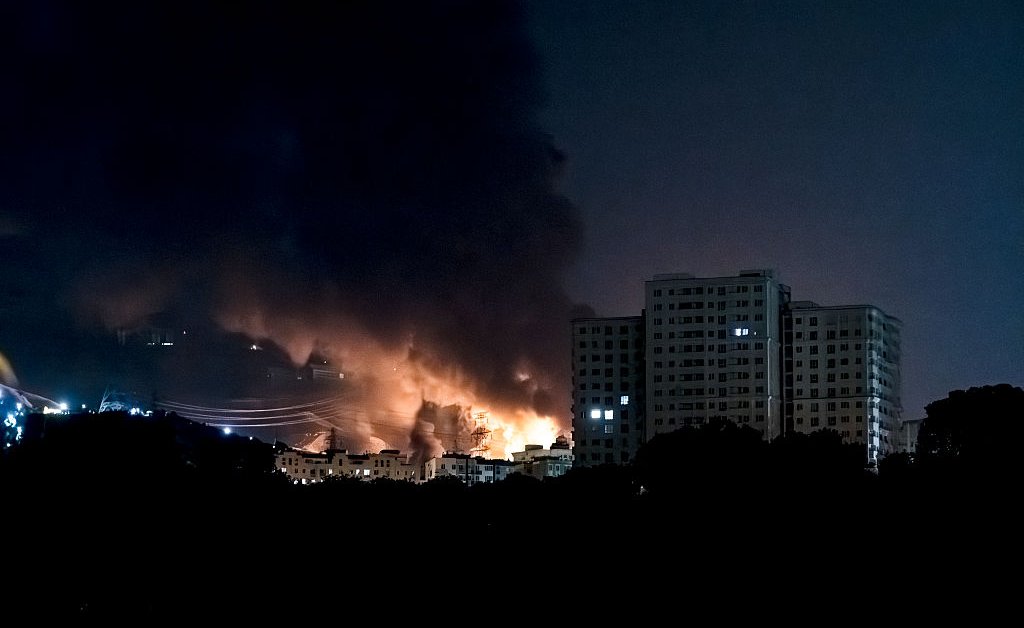In the ongoing conflict between Israel and Iran, the U.S. has denied direct involvement in Israel’s initial attack on Iran’s nuclear facilities. However, reports indicate a potential greater U.S. role than officially acknowledged. Unnamed U.S. officials revealed that President Trump rejected a plan by Israel to assassinate Iran’s Supreme Leader, suggesting some level of coordination between the two countries. Amid escalating tensions, both Iran and Israel have launched retaliatory attacks, with Iran accusing the U.S. of supporting Israel’s actions.
Israel’s operation, named “Operation Rising Lion,” targeted Iran’s nuclear program and military figures, sparking a cycle of violence. While the U.S. has repeated denials of involvement, Iran alleges U.S. complicity in Israel’s strikes. Conflicting statements from U.S. officials and Israeli leaders have raised questions about the extent of U.S. approval for the attacks.
Despite official disavowals, evidence points to potential U.S. backing for Israel’s actions, with suggestions of a “clear U.S. green light” for the operation. The situation underscores the complex dynamics at play, with implications for regional stability and the ongoing negotiations over Iran’s nuclear program. The evolving narrative highlights the delicate balance of power and interests among the U.S., Israel, and Iran, setting the stage for further geopolitical maneuvering and potential escalation.

